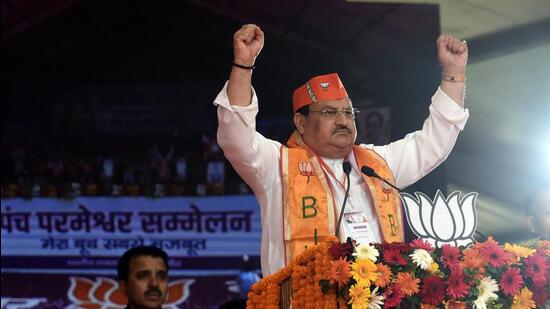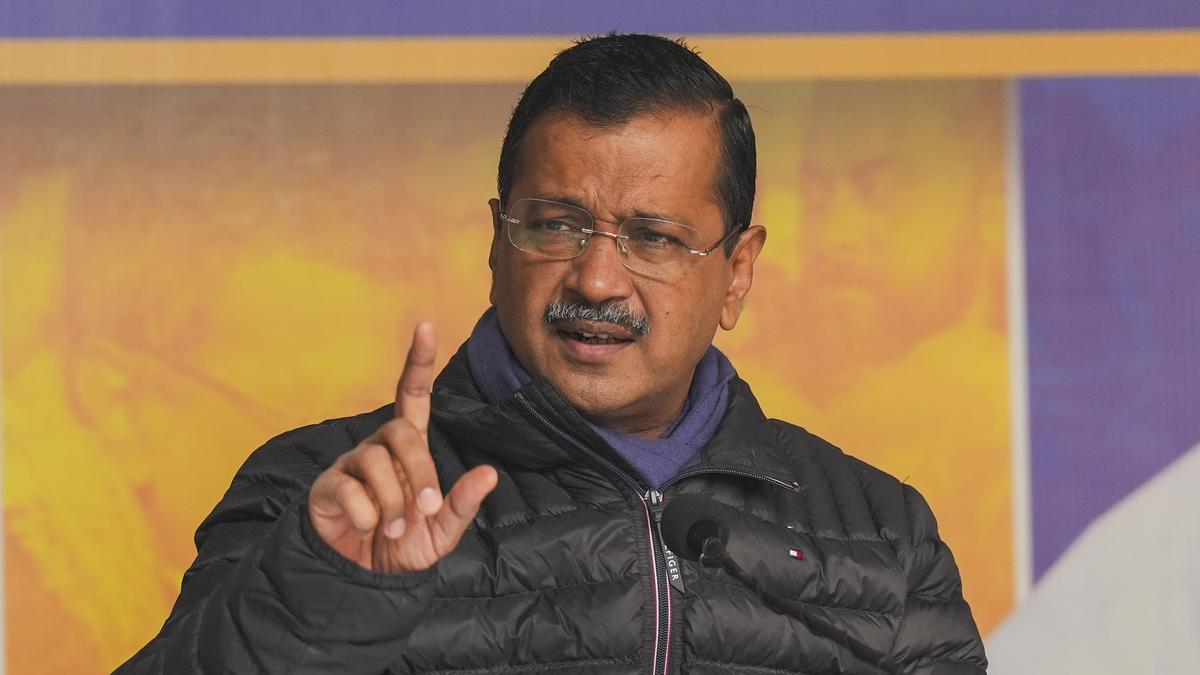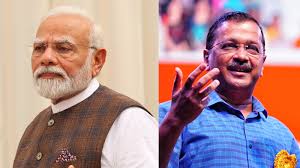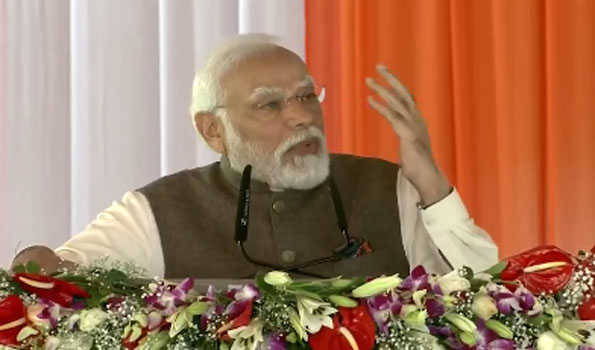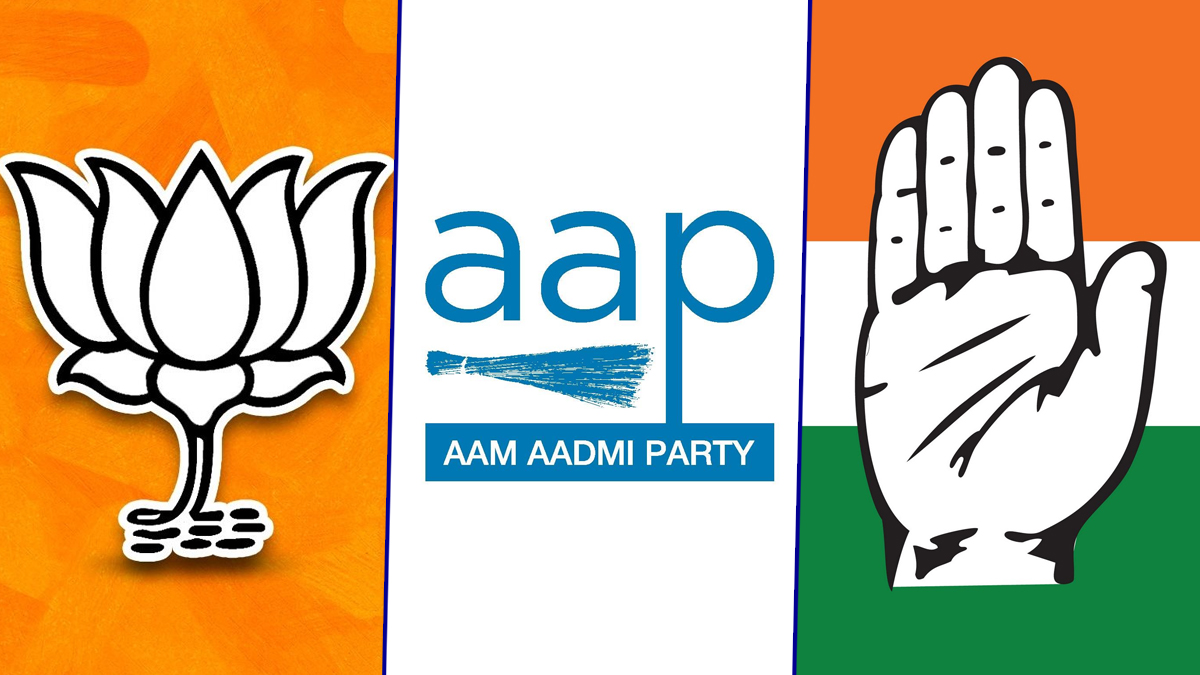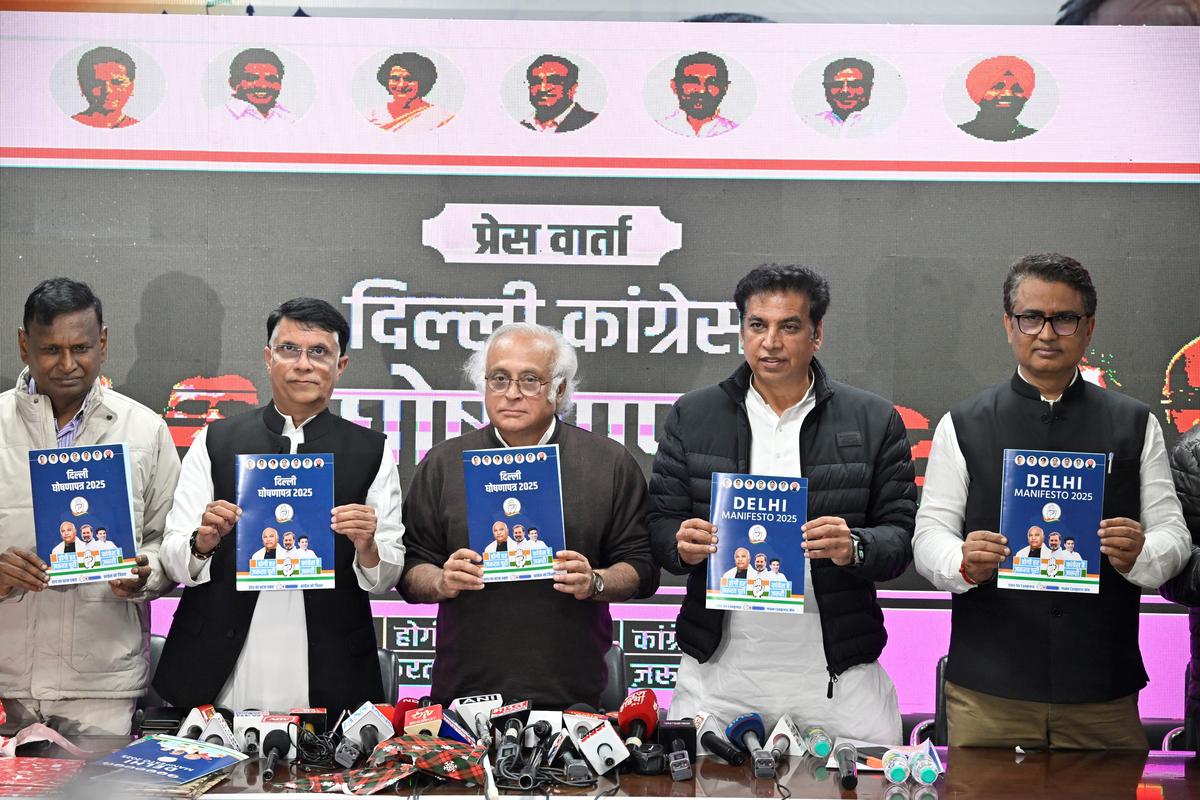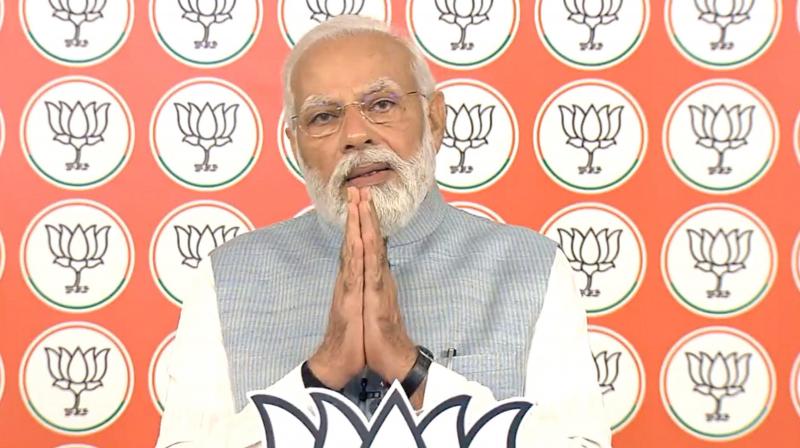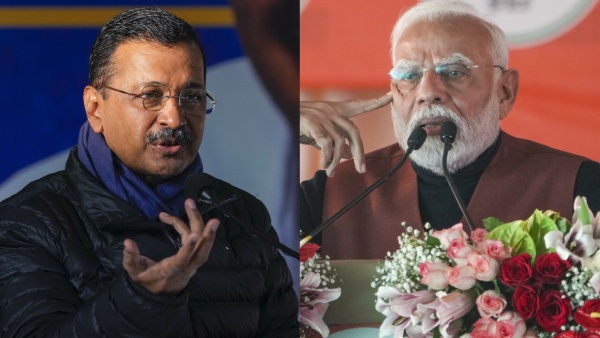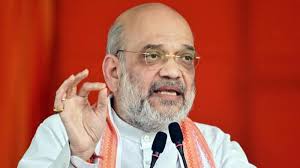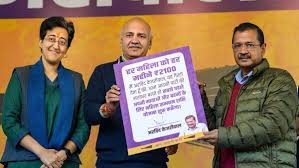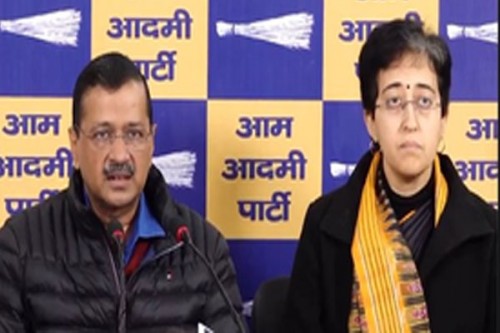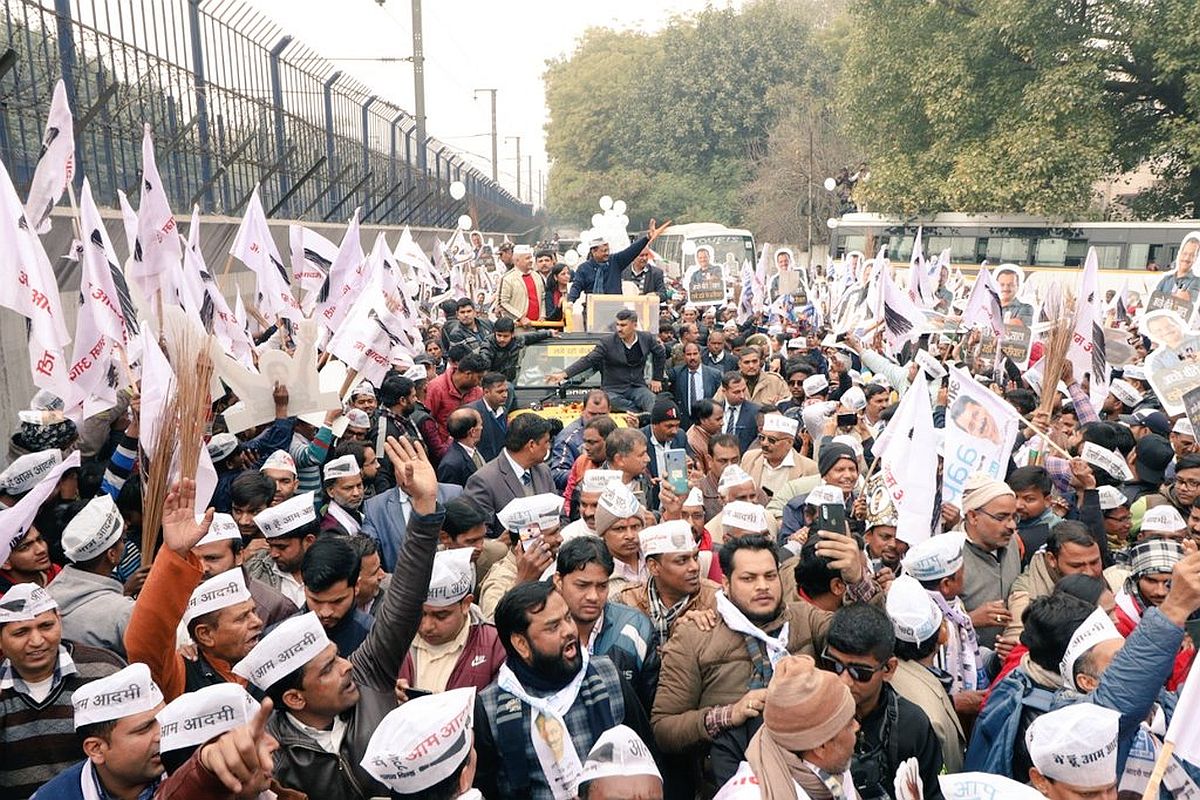No Bail Petition Was Filed By Kejriwal; Here's Why
Mon 29 Apr 2024, 19:19:33
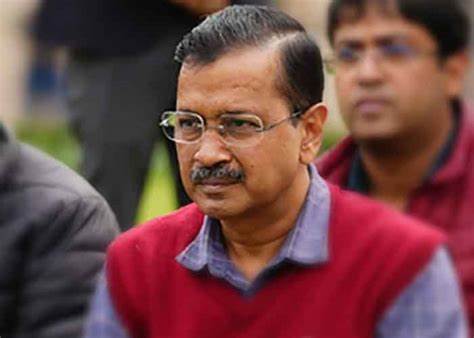
Arvind Kejriwal's arrest is illegitimate, the Supreme Court was notified today by the counsel of the Delhi Chief Minister. Mr. Kejriwal, whose name was not included in 10 documents -- including CBI chargesheets and ED prosecution complaint -- till December 2023, was arrested from his home without any interrogation or recording of his statement as required by the anti-money laundering law, said senior advocate Abhishek Manu Singhvi.
"Power to arrest is not the same as a need to arrest. Guilt has to be made out, not mere suspicion... This is also the threshold in Section 45 PMLA (Prevention of Money Laundering Act)," he added.
Mr. Kejriwal has challenged his arrest in the top court and filed an appeal for interim release, asserting that the arrest being illegitimate, his subsequent placement in custody is also unlawful.
Asked why Mr. Kejriwal has not filed a petition for bail in the trial court, Mr. Singhvi told the bench of Justices Sanjiv Khanna and Dipankar Datta that they have approached the Supreme Court because it has "wider jurisdiction".
The Enforcement Directorate had arrested Mr.
Kejriwal on March 21 after the Delhi High Court rejected to grant him defense. The Chief Minister is currently lodged in the Tihar jail. Mr. Kejriwal has argued that the court's refusal to grant protection cannot be ground for arrest.
Kejriwal on March 21 after the Delhi High Court rejected to grant him defense. The Chief Minister is currently lodged in the Tihar jail. Mr. Kejriwal has argued that the court's refusal to grant protection cannot be ground for arrest.
"The denial in interim of my bail cannot be ground to come to my home for arrest. The arrest did not happen for 1.5 years. They arrested me from my home. They did not record Section 50 statement there," the counsel said.
In his testimony, Mr. Kejriwal has condemned his arrest as politically motivated, arguing that it was meant to dispense unjust advantages to the ruling party during the ongoing general election. The case, he has argued, is a prime example of the Central government's misuse of investigative agencies to harass political opponents.
The Enforcement Directorate has argued that Mr. Kejriwal's arrest became necessary due to his "total non-co-operative attitude".
The affidavit said that Mr. Kejriwal was avoiding interrogation by not remaining present before the investigating officer despite being summoned nine times and while recording his statement under Section 17 of the PMLA, he was evasive and uncooperative.
No Comments For This Post, Be first to write a Comment.
Most viewed from Politics
AIMIM News
Latest Urdu News
Most Viewed
May 26, 2020
Do you think Canada-India relations will improve under New PM Mark Carney?
Latest Videos View All
Like Us
Home
About Us
Advertise With Us
All Polls
Epaper Archives
Privacy Policy
Contact Us
Download Etemaad App
© 2025 Etemaad Daily News, All Rights Reserved.

